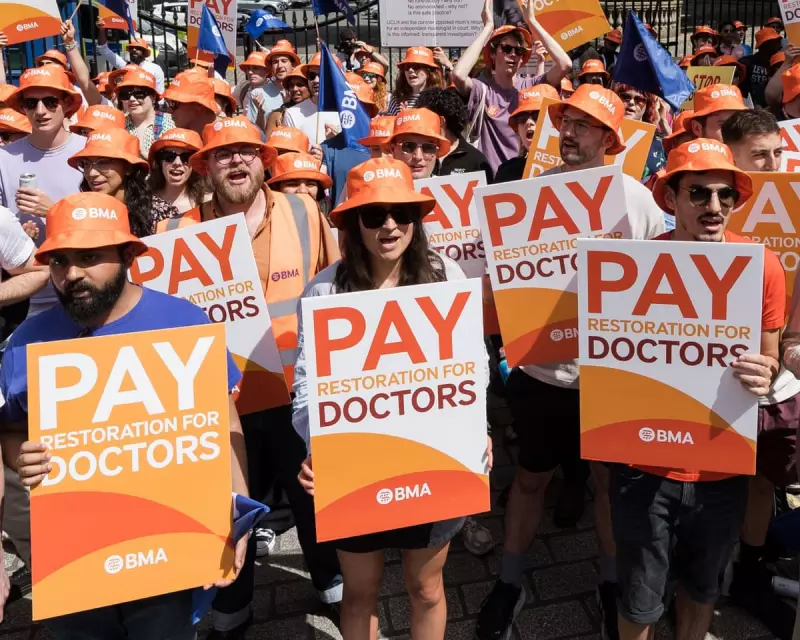
The National Health Service (NHS) in England is grappling with yet another wave of disruption as junior doctors walk out on strike, forcing the cancellation or postponement of thousands of planned treatments and surgeries.
Hospitals across the country have been forced to reschedule non-urgent procedures, with NHS leaders warning of significant knock-on effects for patient care. This marks the latest escalation in an ongoing dispute between the British Medical Association (BMA) and the government over pay and working conditions.
Impact on Patient Care
NHS England has confirmed that the industrial action has led to:
- Over 25,000 postponed operations
- Significant delays in outpatient appointments
- Increased pressure on emergency services
"We're seeing the cumulative impact of these repeated strikes," said an NHS trust manager who wished to remain anonymous. "Each walkout creates a backlog that takes weeks to clear, while emergency cases continue to come in."
The Sticking Points
The dispute centres on three key issues:
- Pay restoration to 2008 levels (a 35% increase demand)
- Improved working conditions to address burnout
- Reforms to the pay review process
Health Secretary Victoria Atkins has called the strikes "deeply disappointing," while BMA junior doctors committee co-chairs maintain that the government's offers fail to address years of real-terms pay cuts.
What Patients Should Know
For those affected by cancellations:
- Hospitals will contact patients directly about rearranged appointments
- Emergency care remains available throughout the strikes
- GP services are largely unaffected
The NHS has urged the public to use services wisely during this period, with 111 online as the first port of call for non-emergencies.





